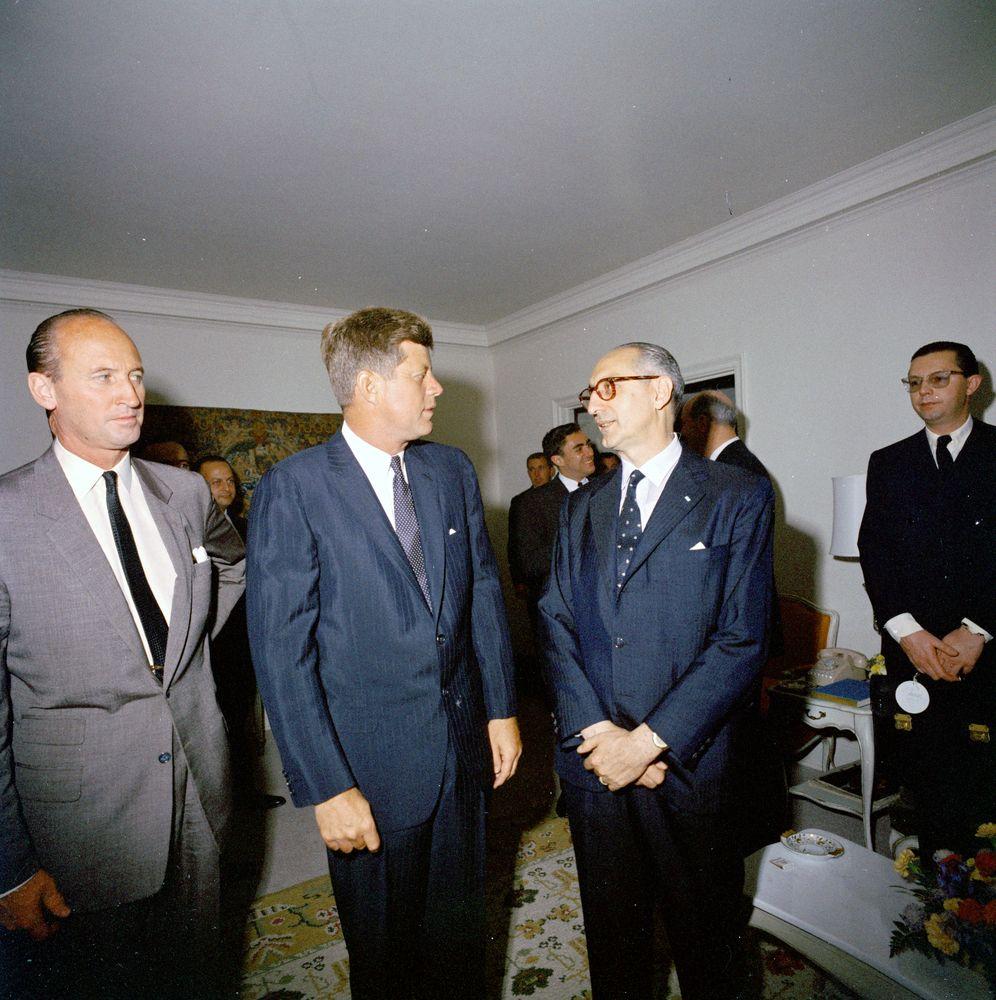Any time government documents are declassified, it’s a fun day, said Fresno State history professor and scholar Dr. Lori Clune.
Fifty-four years after John F. Kennedy was assassinated on Nov. 22, 1963, more than 2,800 files relating to the assassination have been made public.
Clune, professor of modern American history and a Cold War historian, said Kennedy’s assassination has always intrigued her.
When Kennedy was killed, Clune said she was just a baby. Her mother, she said, was a big Kennedy supporter while her father was a conservative voter.
After Oliver Stone’s movie, “JFK,” was released, there was an interest from the public for more information on the assassination to be released. The documents are housed in the National Archives and Records Administration Building II at College Park in Maryland, where, Clune said, she has spent a decent amount of time.
“They have a separate section, and a separate archivist just for the Kennedy assassination,” she said. “Everytime I go, I think ‘I should totally research this.’”
Congress passed the President John F. Kennedy Assassination Records Collection Act in 1992, which stated that after 25 years all assassination records must be disclosed. Those 25 years were up on Oct. 27 of this year.
But the president has the ability to block the release of records if they pose a threat to intelligence operations, military defense, law enforcement or the conduction of foreign relations. And also if an identifiable harm outweighs the public’s interest in disclosure of the files.
Clune thinks more transparency is better. “I personally think that in a democracy, more openness to information is good. Is it all pretty? No. Some of it’s not,” she said. “But you know what? Some of our past is not pretty.”
Clune said she found herself on the national archives website at midnight on Oct. 27 waiting for thousands of files to be released.
“It would be about 3,000 documents no one has ever seen before, and between 30,000 and 40,000 documents that had been seen in pieces, but had been redacted,” Clune said.
However, the unredacted files were not released. She said the Trump administration claims the documents will be out by April of next year.
Clune said it is hard to know why the files weren’t released. But, she thinks a few government agencies may feel a bit embarrassed by the documents.
“It’s important to shine light on some of these things,” she said of documents that disclose CIA “covert” operations. “Those can highlight how American tax dollars are being spent.”
Clune said she believes both the CIA and the FBI have concerns about releasing the Kennedy assassination documents because the agencies may not look good according to the files.
“What it really comes down to [is] did they actually know that [Lee Harvey Oswald] was a threat to the life of the president and did they not effectively address that threat?” Clune said.
Clune said when previously confidential documents are made public, it sheds light on parts of American history that were unknown, but may help in understanding history.
“I think anytime you open up documents like this, you are sharing a piece of our government’s actions, and I think that’s a good thing,” she said.




